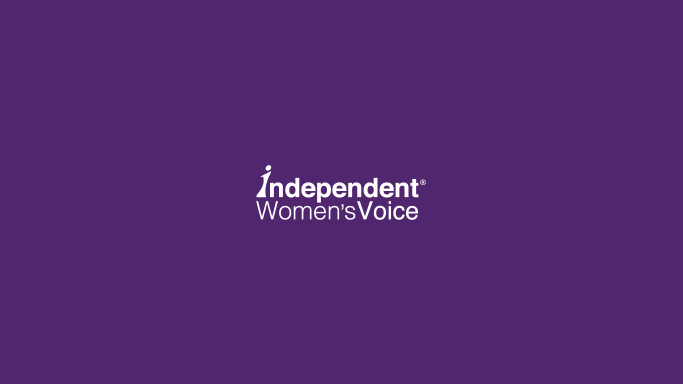Democratic politicians are fond of claiming that the US has been struggling to provide universal health care for decades. Tom Daschle puts it at 70 years!
“Seventy years!!!??? That’s 1939,” notes Daniel Henninger in today’s Wall Street Journal. “The only major obsession longer than this was the Red Sox curse. Even Helen Thomas wasn’t on the story yet. This is a heap of political futility.”
Why on earth would it take so long? After reading Henninger’s column, I think I can provide a succinct answer: that pesky democratic process. If the Democrats could just impose it (and they might yet), we’d have had it a long time ago.
Here’s a key bit from Henninger:
I discovered Victor Fuchs’s analysis during a dive into my PC’s hard drive, where years ago I stored a paper the Stanford economist did in 1976 called “From Bismarck to Woodcock: The ‘Irrational’ Pursuit of National Health Insurance.” That it was delivered to mark the 65th birthday of the conservative economist George Stigler suggests the eclectic flavor of the liberal Prof. Fuchs’s thinking.
His paper is mainly a meditation attempting to explain why so many countries adopted national insurance programs, and why it is resisted in the U.S. Several broad points help explain the tides running against the Obama plan.
He notes, for instance, that the national health insurance movement rose alongside a larger transfer of responsibility from the family to the state: “Every time the state assumes an additional function such as health insurance, child care or benefits for the aged, the need for close family ties becomes weaker.”
But even the state must bond: “It may be that one of the most effective ways of increasing allegiance to the state is through national health insurance.” This would have been Bismarck’s purpose. “We live at a time when many of the traditional symbols and institutions that held a nation together have been weakened and fallen into disrepute. A more sophisticated public requires more sophisticated symbols, and national health insurance may fit that role particularly well.” Updating the public symbols, Mr. Obama says health care is one of the two “pillars” of U.S. prosperity in the 21st century.
Profs. Marmor and Fuchs support Mr. Obama’s broad health-insurance goals. But their thoughts suggest why many Americans would resist the pull of what Congressman Pete Stark has called “Medicare for all.”
For liberals, ObamaCare is the Gunfight at the OK Corral, the last battle for universal insurance. After 70 years and the Obama media blitz, the public once and for all either wants this, or doesn’t. If it doesn’t, the Baucus bill will be crammed down via reconciliation. If so, the post-partisan president may make worse, if that’s imaginable, one of the most partisan periods in our history.

